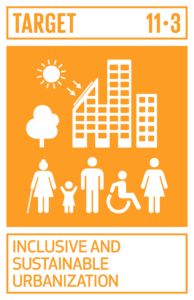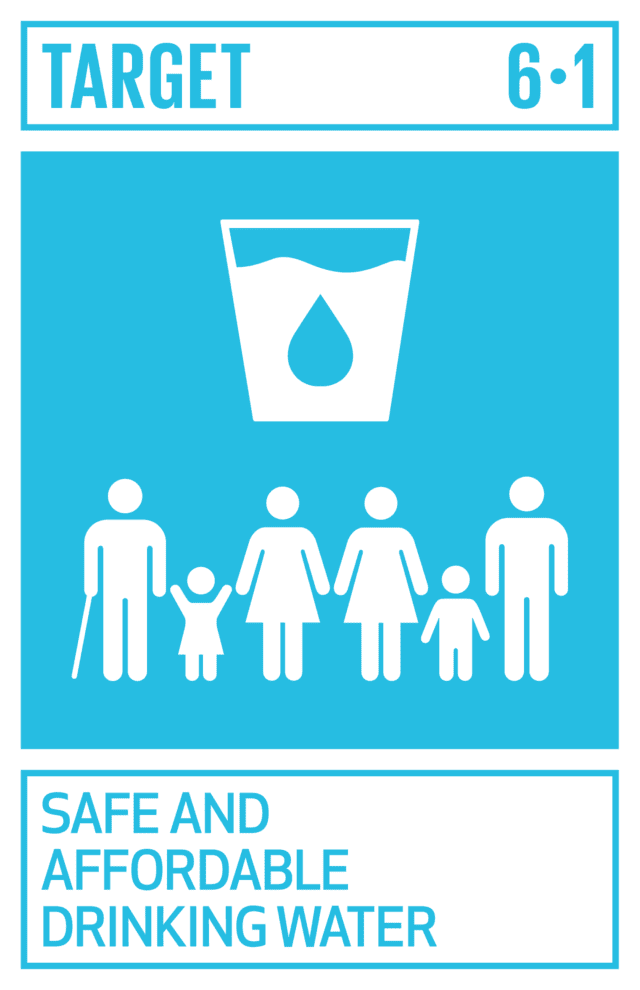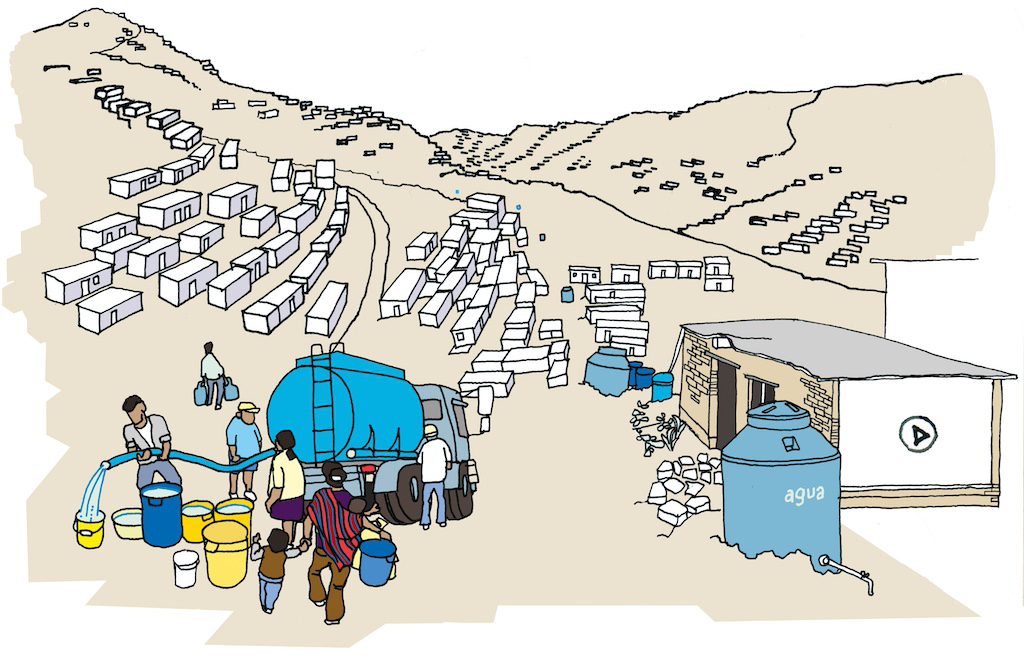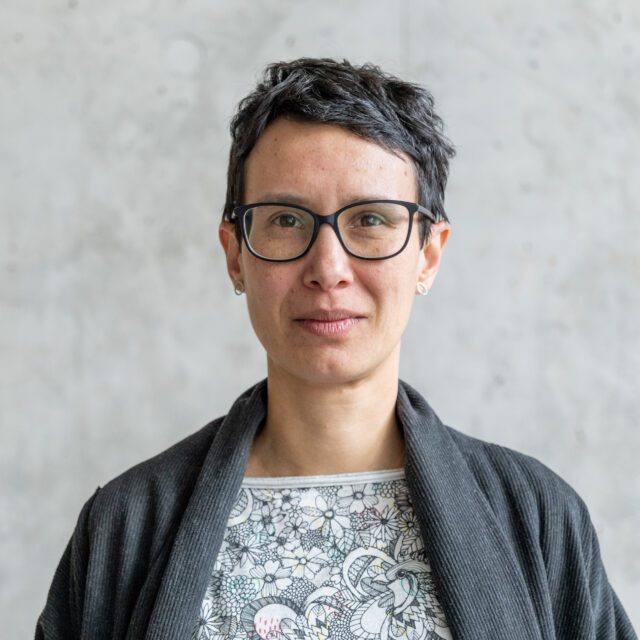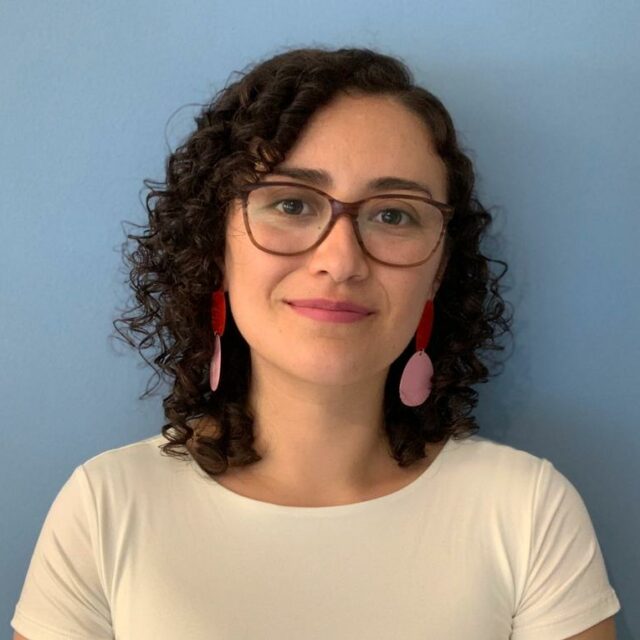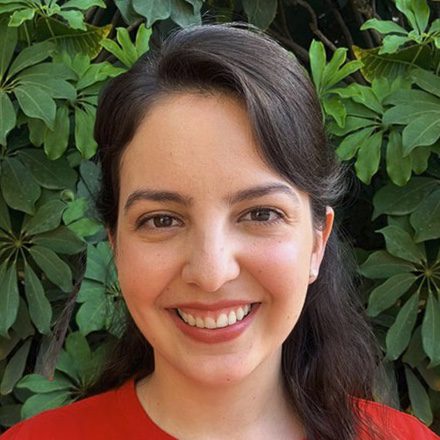Human Settlements in Lima: Corruption, Integrity and Access to Water and Sanitation
PERU, Lima
Water Integrity Network (WIN), Berlin, Germany; Center for Research in Urban and Territorial Theory (UrbesLab), and Pontificia Universidad Católica del Perú (INCITU-PUCP), Lima, Peru
Corruption, integrity failures, lack of accountability, and poor access to water and sanitation services are strongly connected. Vulnerable groups, particularly those living in informal settlements are the ones that suffer the consequences of corruption and lack of integrity the most. In Lima, Peru, informal settlements have been historically excluded from formal water and sanitation supply because of being unprofitable or because their land tenure status and housing rights are not recognised. As a result, residents are often forced to spend large amounts of time and money to obtain water, and often suffer deep indignities due to unhygienic and unsafe conditions. Rising levels of socio-spatial inequalities have major consequences for the sustainability of the city and strongly influence who has access to water and sanitation, of what quality, which amount and at which price, and intersect with factors such as gender, race, class, disability, caste, and age.
The participants of this MOOC will hear directly from policy makers, civil society organizations, residents of informal settlements and staff of the utility company regarding different efforts to reduce corruption and improve integrity, and how strengthening integrity can help to create cities that are transparent, accountable, and equitable.
This MOOC is structured around three different spatial scales: city scale, neighbourhood scale, and household scale. Through short videos, interviews, iconographies, cartographic material and key readings, participants will expand their understanding of the impacts of corruption and lack of integrity in the water and sanitation sectors, how to address such challenges, and how such impacts can be spatialized in informal settlements.
SDG Targets:
